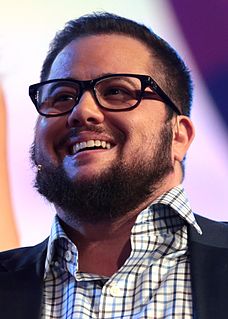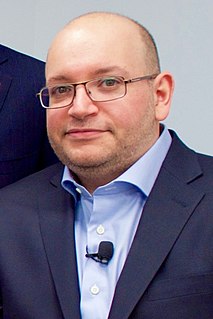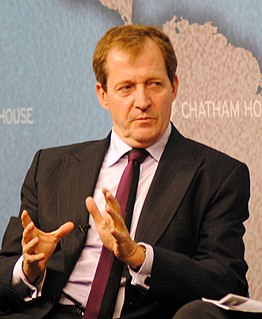A Quote by Francis George
The question about who God is is a very public question. We don't have the tools in this kind of political atmosphere to handle that, and maybe politics isn't the best place to answer that. It is a public issue.
Related Quotes
I have no question that the Roman Catholic Church teaches that abortion in virtually all circumstances is wrong. I think the church's position at all times in modern history has been that it is unequivocally opposed to abortion.But that's not the question for a Catholic who is a public official. I happen to subscribe to the church's position as a person. Still the question, as Governor Mario Cuomo suggested, is: what is your obligation as a civic leader? I agree entirely with John F. Kennedy. I answer only to my conscience in my public life and that's that.
There's no question that in my lifetime, the contrast between what I called private affluence and public squalor has become very much greater. What do we worry about? We worry about our schools. We worry about our public recreational facilities. We worry about our law enforcement and our public housing. All of the things that bear upon our standard of living are in the public sector.
Active liberty is particularly at risk when law restricts speech directly related to the shaping of public opinion, for example, speech that takes place in areas related to politics and policy-making by elected officials. That special risk justifies especially strong pro-speech judicial presumptions. It also justifies careful review whenever the speech in question seeks to shape public opinion, particularly if that opinion in turn will affect the political process and the kind of society in which we live.
In the Marquette Lecture volume, I focus on the question in the title. I emphasize the social and political costs of being a Christian in the earliest centuries, and contend that many attempts to answer the question are banal. I don't attempt a full answer myself, but urge that scholars should take the question more seriously.
We are posing two very clear questions. The first is: Did the Holocaust actually take place? You answer this question in the affirmative. So, the second question is: Whose fault was it? The answer to that has to be found in Europe and not in Palestine. It is perfectly clear: If the Holocaust took place in Europe, one also has to find the answer to it in Europe.
The first question that I ask : do I have public support or not. That is the first question that I asked as President. If I don't have the public support, whether there's the so-called "Arab spring" - it's not spring, anyway - but whether we have this or we don't, if you don't have public support, you have to quit, you have to leave. If you have public support, in any circumstances you have to stay. That's your mission, you have to help the people, you have to serve the people.
A dialogue is very important. It is a form of communication in which question and answer continue till a question is left without an answer. Thus the question is suspended between the two persons involved in this answer and question. It is like a bud with untouched blossoms . . . If the question is left totally untouched by thought, it then has its own answer because the questioner and answerer, as persons, have disappeared. This is a form of dialogue in which investigation reaches a certain point of intensity and depth, which then has a quality that thought can never reach.
To be a scientist you have to be willing to live with uncertainty for a long time. Research scientists begin with a question and they take a decade or two to find an answer. Then the answer they get may not even answer the question they thought it would. You have to have a supple enough mind to be open to the possibility that the answer sometimes precedes the question itself.

































